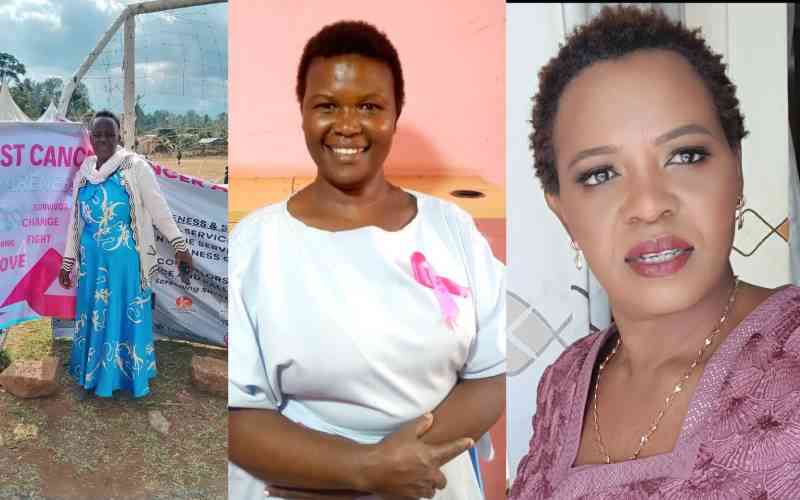×
The Standard e-Paper
Kenya’s Boldest Voice

When cancer strikes, it doesn't just attack the body, it demands a transformation of mind, spirit and even style. For three resilient women, it meant redefining their beauty, rediscovering their strength and finding hope in the darkest moments.
Meet Jennifer Jelimo, 39, a single mother of three who has been battling breast cancer for more than a year.